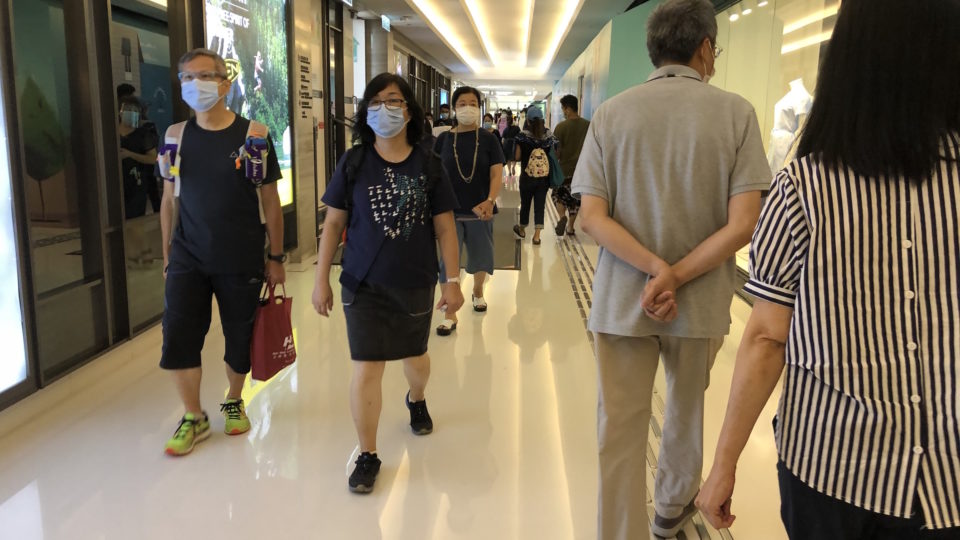Hong Kong saw another 121 COVID-19 infections and two more virus-related deaths Friday.
The new cases today include a number of workplace infections. A cluster at a shop selling imported goods in Mong Kok saw four more people test positive, bringing the number of related infections to six. At least five people have also tested preliminary positive. The number of cases at Metro Broadcast Corporation has increased to eight.
Three more infections were confirmed at an elderly home in Tuen Mun. To date, 37 people there—including residents and caretakers—have been diagnosed with the virus.
56 local infections today have no known source of transmission. Authorities also confirmed over 90 preliminary positive cases.
Today is the tenth day in a row that the city has totaled over 100 new cases. The figures today have increased the number of COVID-19 infections in Hong Kong to 3,273—close to 40% of which were recorded the last week.
Two more deaths were also confirmed involving an 82-year-old woman and a 91-year-old man who died earlier today from virus-related complications. Both lived at elderly homes where dozens of people have been infected. To date, 27 COVID-19 patients have passed away in Hong Kong.
The surge in virus infections that began earlier this month has caught Hong Kong off guard—in May and June, the city was recording weeks on end without a single local case.
Now, authorities are scrambling to bolster medical facilities to cope with the renewed outbreak. A makeshift hospital at the Asia-World Expo is expected to be ready next week and can accommodate around 500 beds.
Over a hundred patients have been transferred to a new quarantine facility in Lei Yue Mun, which opened last week to house stable patients and free up hospital bed space for those older and requiring more medical care.
With no signs that the third COVID-19 wave will be under control any time soon, authorities announced in the evening that the Legislative Council elections, which are scheduled for September, will be postponed.
Yuen Kwok-yung, an infectious disease expert at the University of Hong Kong, said there may be a need for city-wide testing should the situation continue to worsen.




